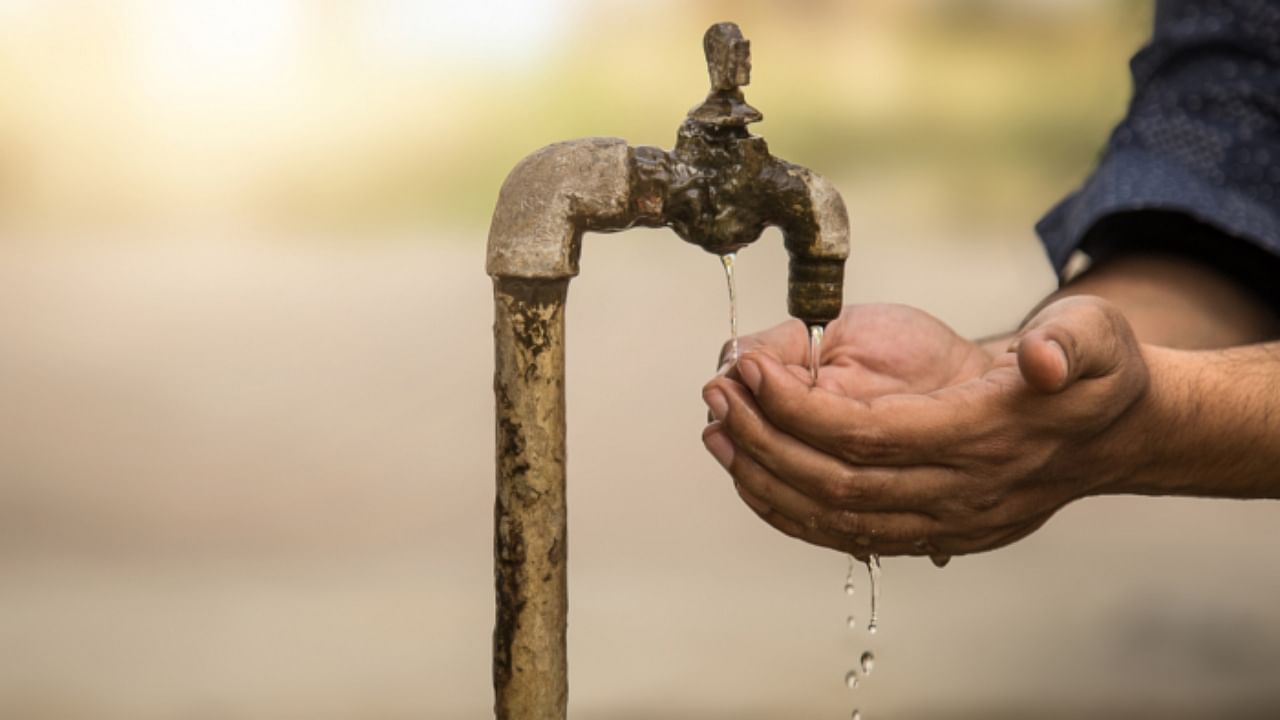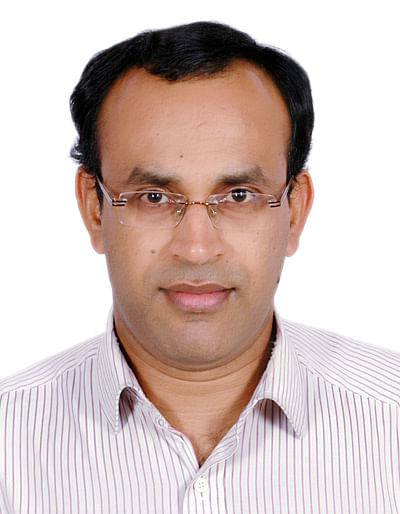
If the Jal Jeevan Mission meets its target to provide clean water to every rural household in the country, almost four lakh diarrhoeal disease deaths can be averted, says a new study by the World Health Organisation.
The Ministry of Drinking Water and Sanitation requested the World Health Organization (WHO) to conduct a study to assess potential health gains and associated cost savings due to increased access to safely-managed drinking water services in India.
The study found that, on an estimate, if the Jal Jeevan Mission provided safely-managed drinking water to all of India, this would result in averting almost four lakh deaths caused by diarrhoeal disease.
The government launched the Jal Jeevan Mission (JJM) in 2019 as a nationwide programme that aims to provide all houses in rural areas with tap water connections by next year. So far, 62 per cent rural households have been provided with tap water connection.
"With universal coverage of safely-managed drinking water in India, almost 14 million DALYS (Disability adjusted life years) from the diarrhoeal disease are estimated to be averted, resulting in estimated cost savings of up to $ 101 billion (Rs 8,32,716 crore)," the study said.
Also, the study said that providing a tap connection to every household would result in significant time saved on water collection (66.6 million hours each day), especially among women.
Presenting the research findings, Richard Johnston, co-lead of WHO/Unicef Joint Monitoring Programme for Water Supply, Sanitation and Hygiene, said if the world achieves its Sustainable Development Goals (SDG) targets of drinking water and sanitation, it will be because of India.
During the announcement, Vini Mahajan, Secretary Department of Drinking Water and Sanitation, said rural tap water connections increased from 16.64 per cent in 2019 to 62.84 per cent within a span of 41 months, representing an average annual increase of 13.5 per cent compared to a mere 0.23 per cent per annum
